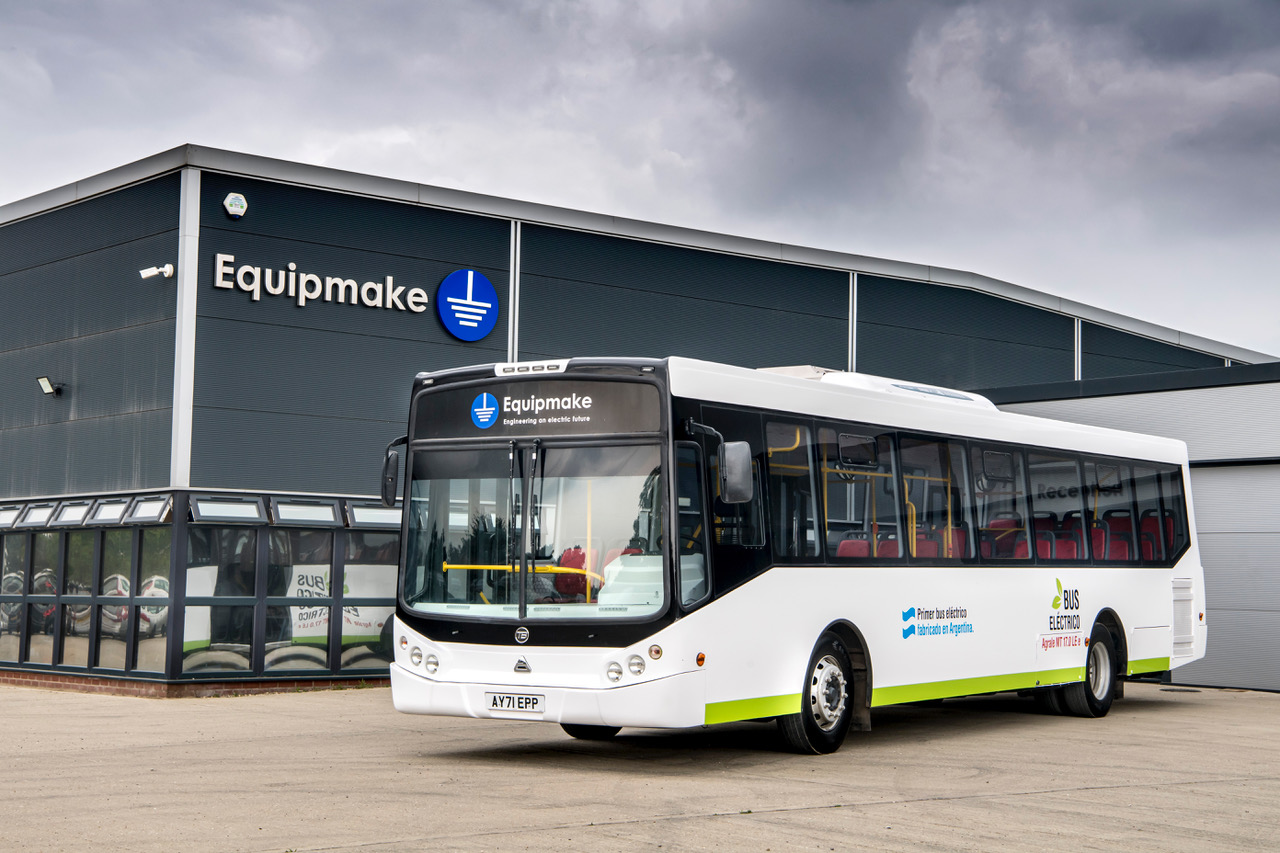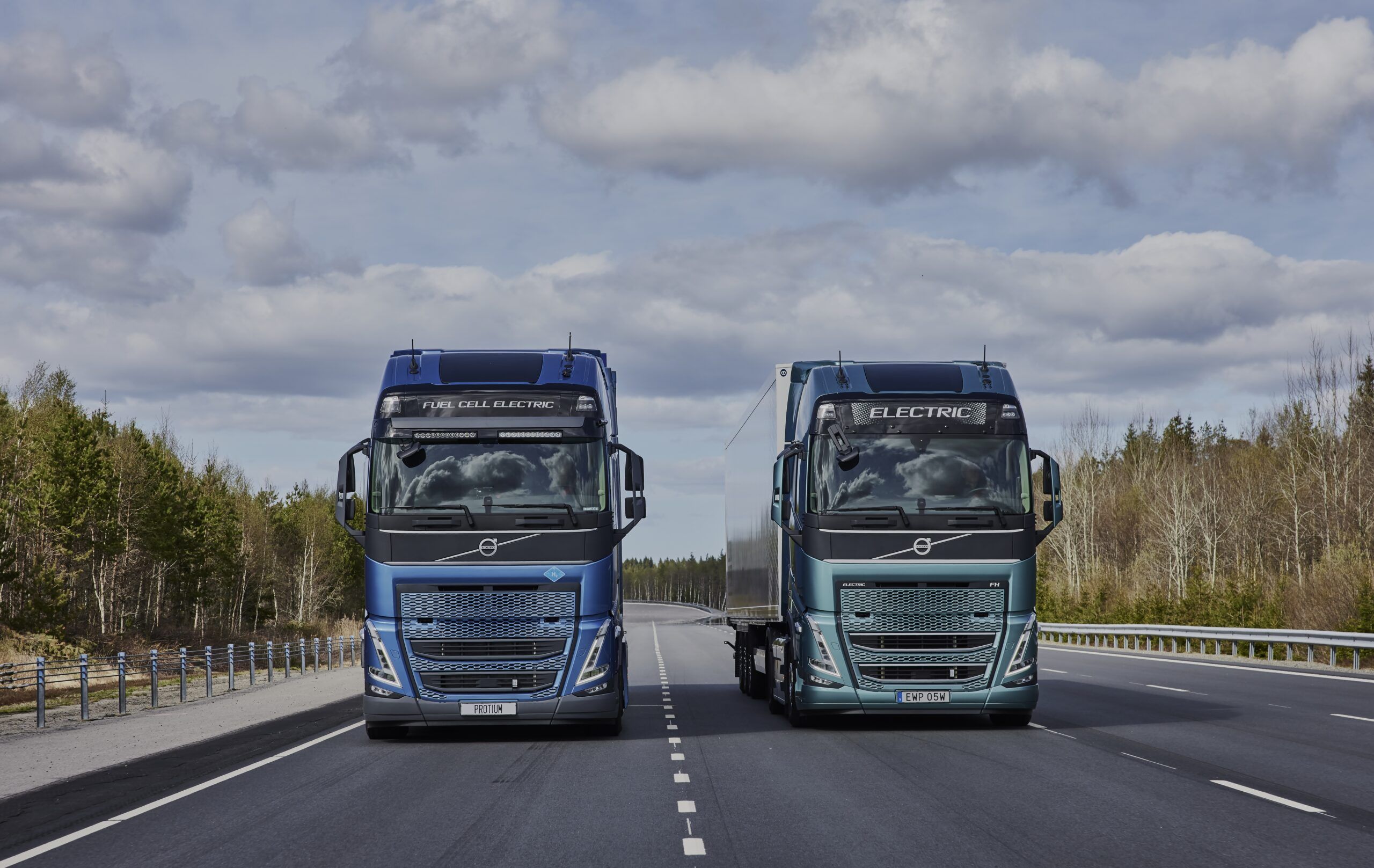Electricity still must be generated to charge the bus, so there's no guarantee that any actual reduction in pollution will take place. Now, given the realities of diesel engines, I do strongly suspect that some reduction will happen, but calling it "zero emissions" or "non-polluting" is entirely misleading.
There is also the issue of lithium, which is a highly toxic material. How will the used batteries be disposed of at the end of their service life? As far as I know, there exists no long-range plan to deal with this issue. And, at the other end of the cycle, lithium
refining generates large amounts of highly toxic waste. How will this be dealt with? The potential exists for large fleets of Li-powered vehicles to actually wind up being even more polluting than their IC counterparts, in the long run, when the whole cycle is considered. But of course nobody talks about this, they just cherry-pick the small slice of the issue that looks good.
Now, I'm not saying I am
against electric vehicles. I am just saying we need to look at the big picture and make an intelligent decision based upon the whole cycle and the whole issue.
Personally, I think this is a better solution -
Volvo's new vehicle is designed to emit water vapor only, producing its own electricity onboard and with a range of 1000km (620 miles).

www.electrichybridvehicletechnology.com


